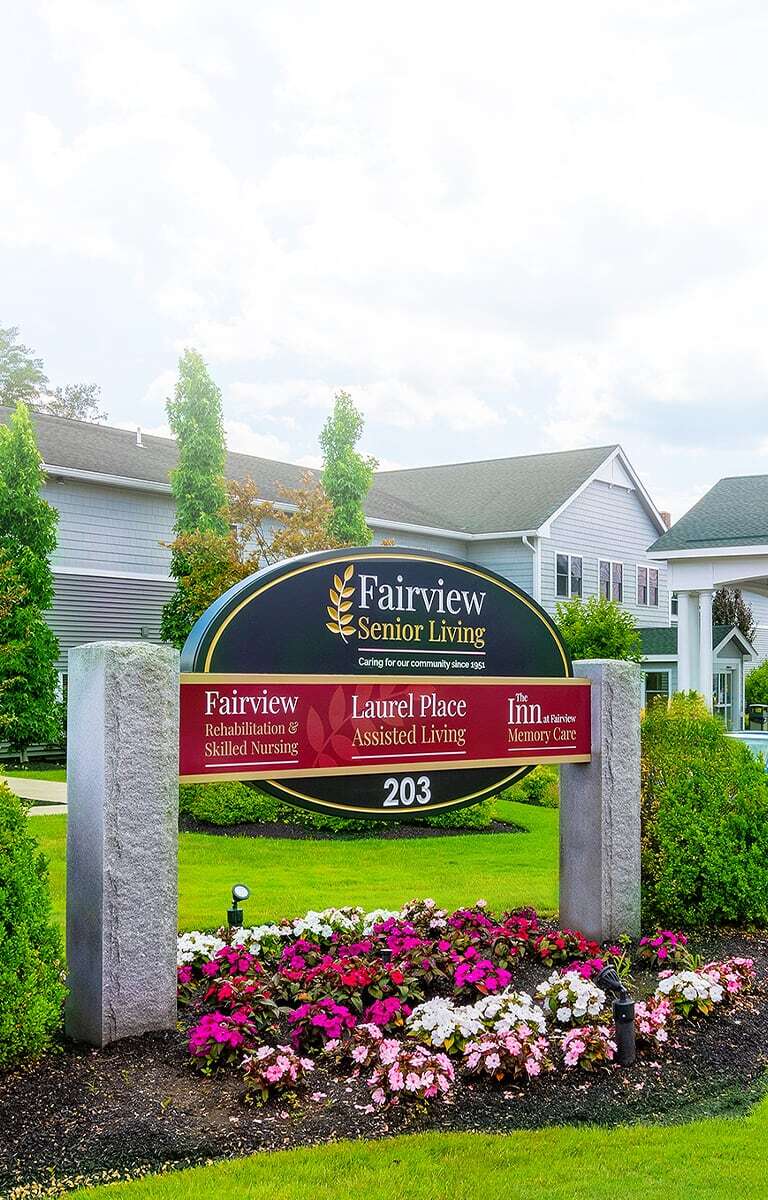The Cleveland Clinic describes caregiver burnout as a state of physical, emotional, and mental exhaustion. Thirty-six percent of family caregivers characterize their situation as highly stressful, according to a 2020 report on caregiving in the U.S. by AARP and the National Alliance for Caregiving (NAC). Another 2021 study found that 42% of family caregivers experience depression, mood swings, or resentment as a result of their labors, 30% reported sleep deprivation, and 43% said caregiving responsibilities have negatively affected their relationship with a spouse or partner.
Common causes of caregiver burnout
Along with the demanding workload and the emotional toll of caregiving, the Cleveland Clinic and Johns Hopkins Medicine site a variety of other issues that can contribute to caregivers feeling burned out, including:
- The conflicting demands of trying to balance the needs of the care recipient, coworkers and employers, family members, and themselves
- Lack of control over money and resources
- Lack of the skills needed to effectively manage a loved one’s care
- Lack of privacy because caregiving may leave little time to be alone
- Role confusion due to difficulty separating the roles as caregiver and as the parent, sibling, or spouse of the care recipient
- Unreasonable demands placed upon a caregiver by other family members or the person being cared for
- Unrealistic expectations about the effect caregiving efforts will have on loved ones with progressive diseases such as Parkinson’s or Alzheimer’s
Warning signs of caregiver burnout
The Alzheimer’s Association cites these indicators that a caregiver may be experiencing a high level of stress:
- Anger or frustration toward the person you’re caring for
- Anxiety
- Denial about your loved one’s condition
- Depression
- Exhaustion that makes it tough to complete daily tasks
- Health problems, such as getting sick more often
- Inability to concentrate, making it difficult to perform familiar tasks or forget appointments
- Irritability and moodiness
- Sleeplessness
- Social withdrawal from friends and activities
If you are concerned that you or someone you care about may be experiencing caregiver-related burnout, a tool like the American Medical Association caregiver self-assessment questionnaire may be able to help. The tool is endorsed by the American Psychological Association to help caregivers evaluate whether the caregiving they are doing is taking a toll on them.
Tips to get relief
- Give yourself a break. Ask a friend, relative or church member to fill in for you occasionally so that you can take a walk, go to a movie, read, or have dinner out.
- Consider respite care. Respite care provides short-term relief for primary caregivers. It can be arranged for a family that is going out of town and needs specialized care for their loved one, when families go on vacation, or when caregivers just need a break for a few days. The National Respite Locator is a service provided by the National Respite Network that can help you find possible care options.
In addition to respite care being an option for short-term relief for caregivers that need a break, it can also be helpful when considering transitioning a loved one to a more permanent onsite care home. Fairview Senior Living in Hudson, New Hampshire offers respite options at every level of care: Fairview Skilled Nursing, Laurel Place Assisted Living, and The Inn at Fairview Memory Care. CEO and Executive Director Stephan Pazulski explains, “Sometimes seniors who require extra care may struggle with making decisions that are seemingly permanent. Respite care is a great opportunity to try out a senior living community without the added pressure of fully committing. In almost every situation we’ve experienced with a family using respite care as a trial for a more permanent stay, the senior ultimately chooses to remain with us.”
- Tap into online resources. The U.S. government’s Eldercare Locator can connect you with your local area’s Agency on Aging, which can guide you to resources in your community to help you deal with the challenges you are facing. You also can call the Eldercare Locator at 1-800-677-1116.
With the Community Resource Finder, an online database from AARP and the Alzheimer’s Association, you can find a range of programs and services in your area, from elder law attorneys to transportation. The Family Caregiver Alliance’s Family Care Navigator can help you locate local resources, too.
- Join a support group. If you feel like you’re alone, talking with other caregivers can lift your spirits and help you think through solutions to problems. You may be able to find a support group through a local church or hospital, or at the website of the Well Spouse Association, which coordinates a national network of groups for spousal caregivers. If you’re taking care of a loved one with Alzheimer’s disease, the Alzheimer’s Association offers a locator for support groups in your area, and the Family Caregiver Alliance operates an online support group that communicates via email.
- Nurture supportive relationships. You may feel overwhelmed, but take the time to talk with close friends and family members. Spend time with someone who is a good listener.
- Talk to your healthcare provider. Tell them you’re a caregiver and bring up any concerns you may have.
Caregiving is part of the family life cycle. The key to good caregiving is to know the warning signs for possible burnout so that you can take the steps needed to recharge and refresh. This will allow you to continue to provide the best care possible, for both your loved one and for yourself.
References:
AARP
Caregiver Burnout: Steps for Coping with Stress
The Family Caregiver Alliance
A Guide to Taking Care of Yourself
National Institute on the Aging




